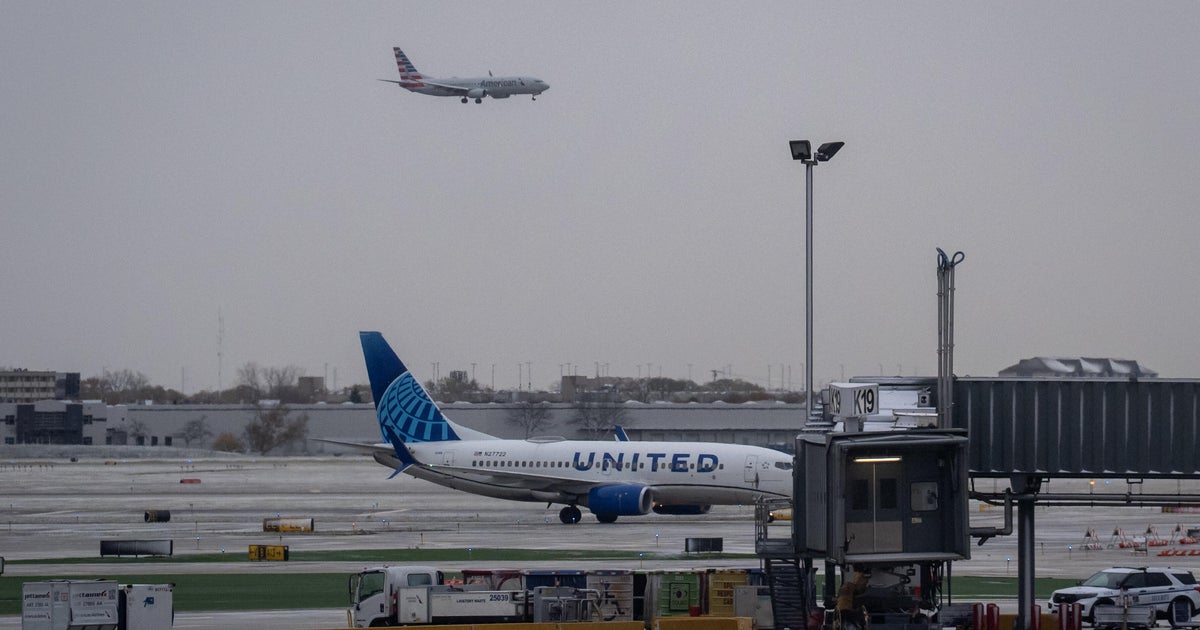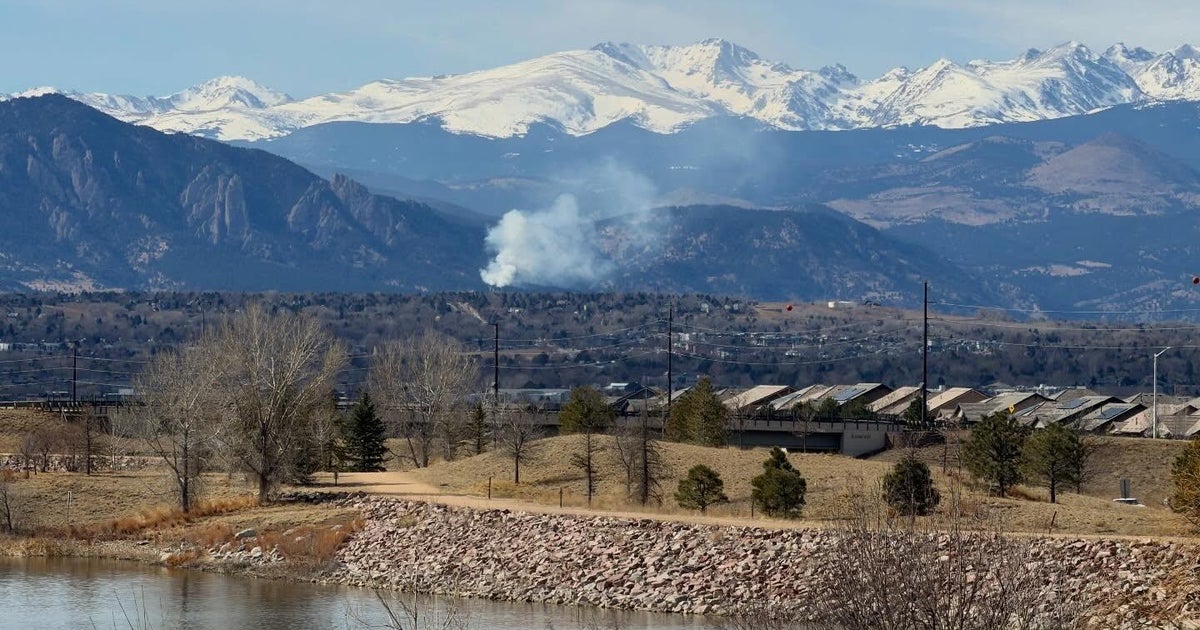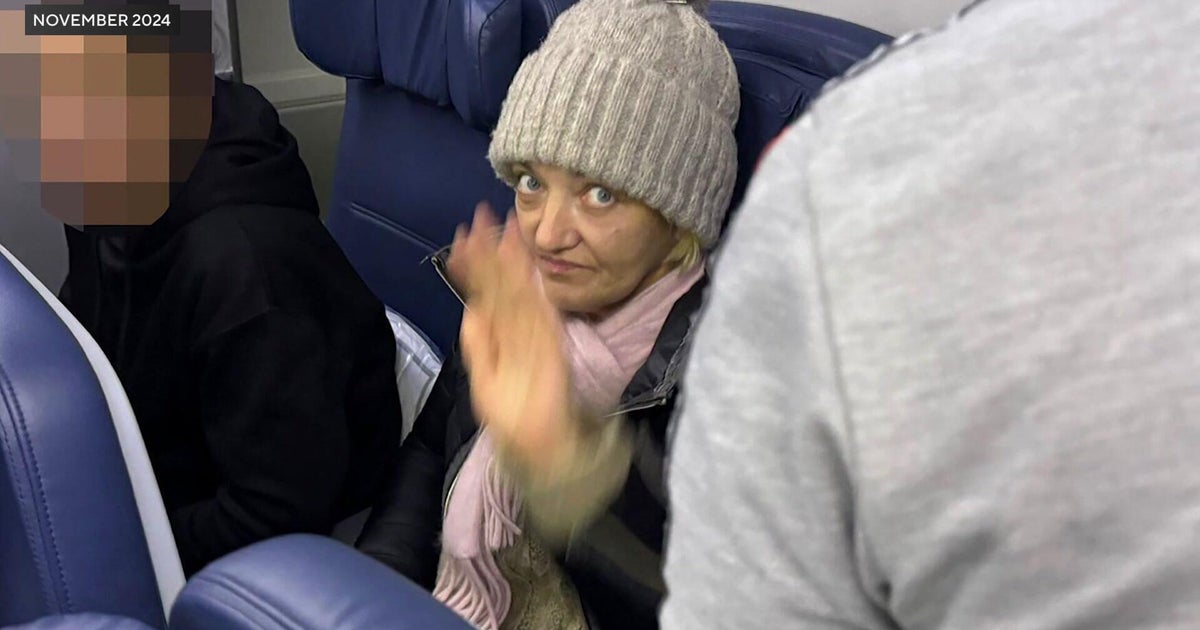Biggest U.S. Airlines Have Combined $1 Billion Loss
NEW YORK (AP) - With fresh red ink at Delta and US Airways, the five biggest U.S. airlines showed a combined loss of more than $1 billion for the first quarter. Soaring jet fuel prices are the big culprit.
The total loss was only about $100 million larger than a year ago, even though jet fuel spending jumped by 28 percent, nearly $1.9 billion. Airlines were able to narrow the difference in fuel spending with a 12 percent increase in revenue.
They have raised fares seven times since the start of the year and would like to keep doing that to offset higher fuel costs.
"We must fully recapture our costs on every flight, every day, to maintain and improve our earnings performance," said Delta CEO Richard Anderson.
Delta Air Lines Inc., which reported a $318 million loss on Tuesday, said fare increases covered 70 percent of the run-up in fuel costs for the first quarter. That's not enough.
US Airways Group Inc. lost $114 million in the quarter. On Tuesday, it announced new reductions to its flying schedule in the second half of the year, which should cut costs and perhaps drive up fares.
The Delta and US Airways number came after United Continental Holdings Inc. and American Airlines parent AMR Corp. reported huge losses last week. Southwest Airlines Co. was alone among the five biggest U.S. airline operators in posting a profit, and just $5 million at that.
Between them, the five airlines lost $1.08 billion in the first three months of this year, when several big storms in the U.S. and the earthquake in Japan compounded the problem of costly jet fuel. A year ago, the same airlines lost $978 million. Fuel spending jumped to $8.45 billion from $6.60 billion a year earlier.
Still, Tuesday's losses at Delta and US Airways were not as large as analysts had feared. And airline executives' tough talk about raising fares and cutting flights may have cheered investors.
Delta shares jumped 99 cents, or 11 percent, to close at $9.99, US Airways shares rose 52 cents, or 6.3 percent, to $8.80, and other airline stocks also rose. Airline stocks have been hammered recently by rising oil prices. Delta shares are down 21 percent since the beginning of the year, while US Airways shares lost 12 percent.
With fuel costing more than $3 a gallon -- spot prices are up about 50 percent since September -- airlines are culling flights that don't produce enough revenue.
Delta will cut flying 4 percent compared to a year earlier starting in September, including 8 to 10 percent on routes across the Atlantic.
It will also park 20 more planes this year than planned, including some of the largest planes used for international flights. All told, Delta now plans to sideline 140 planes over the next year and a half, from its smallest propeller-driven regional planes to big international jets.
Delta's fuel bill rose 29 percent, or $483 million, in the first quarter compared to a year earlier. Higher ticket prices boosted revenue 13 percent, to $7.75 billion.
Delta's loss for the quarter that ended March 31 was 38 cents per share. A year ago Delta lost $256 million, or 31 cents per share. Analysts surveyed by FactSet expected a loss of 50 cents a share and revenue of $7.61 billion.
For US Airways, the loss was 71 cents per share, or 68 cents per share not counting special items. Analysts expected a loss of 73 cents per share excluding items.
The airline saw fuel costs jump $272 million, almost 39 percent, compared with a year ago. It is the only U.S. airline that does not hedge against fuel price spikes. Executives said they expect to spend $1.45 billion more on fuel this year than last year.
US Airways, based in Tempe, Ariz., also said it would reduce capacity by a half-percent in the third quarter and by 2 percent in the fourth quarter after growing in the first half of the year.
(© Copyright 2011 The Associated Press. All Rights Reserved. This material may not be published, broadcast, rewritten or redistributed.)







